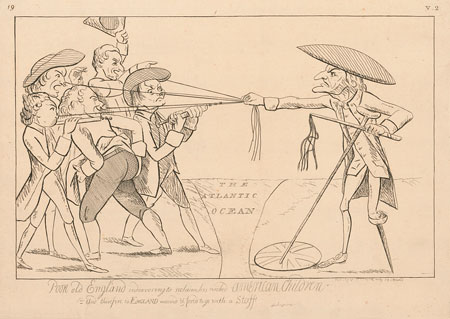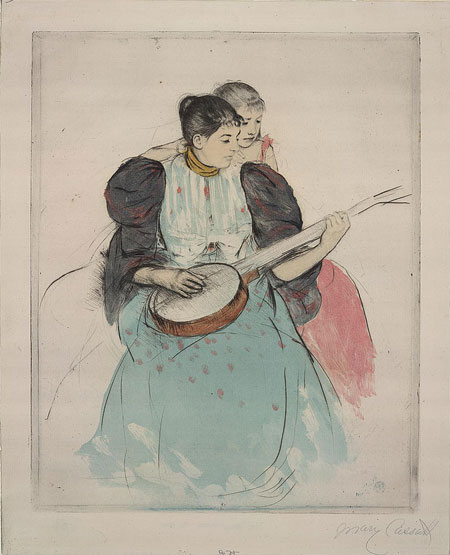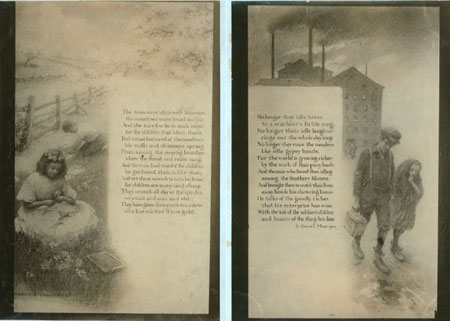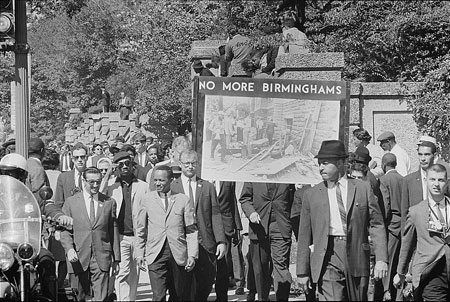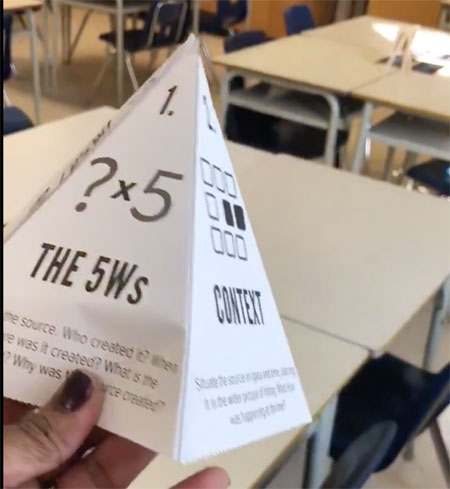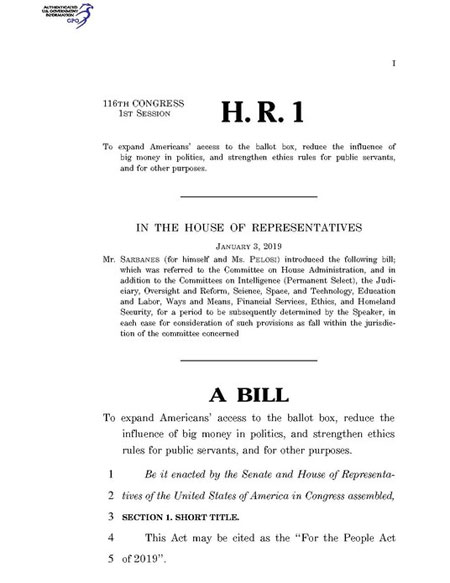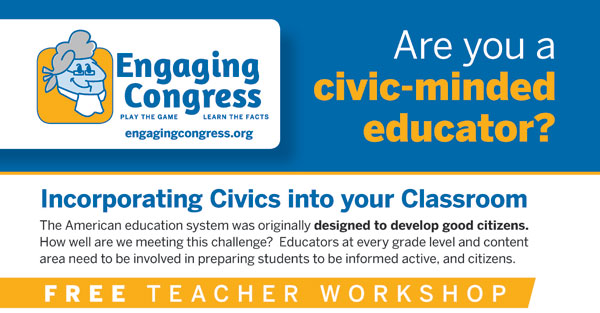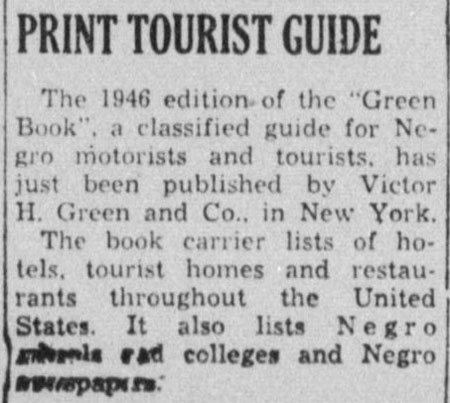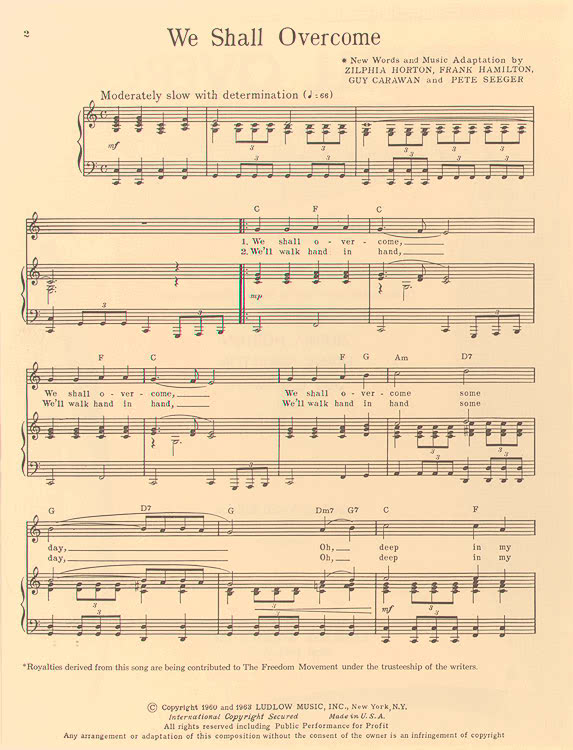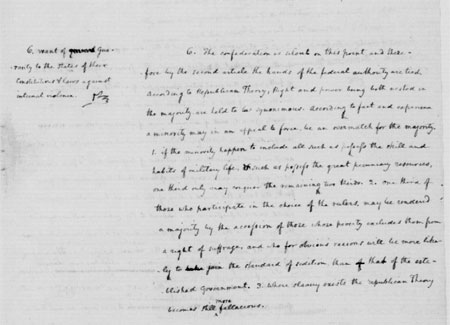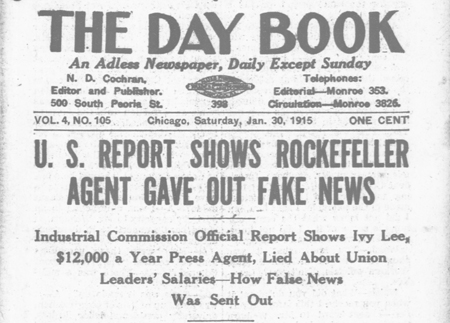Primary Source Learning: American Revolution
Primary source sets with teaching resources American Revolution and U.S. Constitution Emerging America American Revolutionary War and Its Impact on the West State Historical Society of Iowa Coming of the American Revolution TPS-MTSU Revolutionary America (1755-1787) Inquiry in the Upper Midwest Collection Connections American Memory Timeline: American Revolution select primary sources & primary source analysis prompts…
